Home>Home Maintenance>When Does A Home Inspection Happen
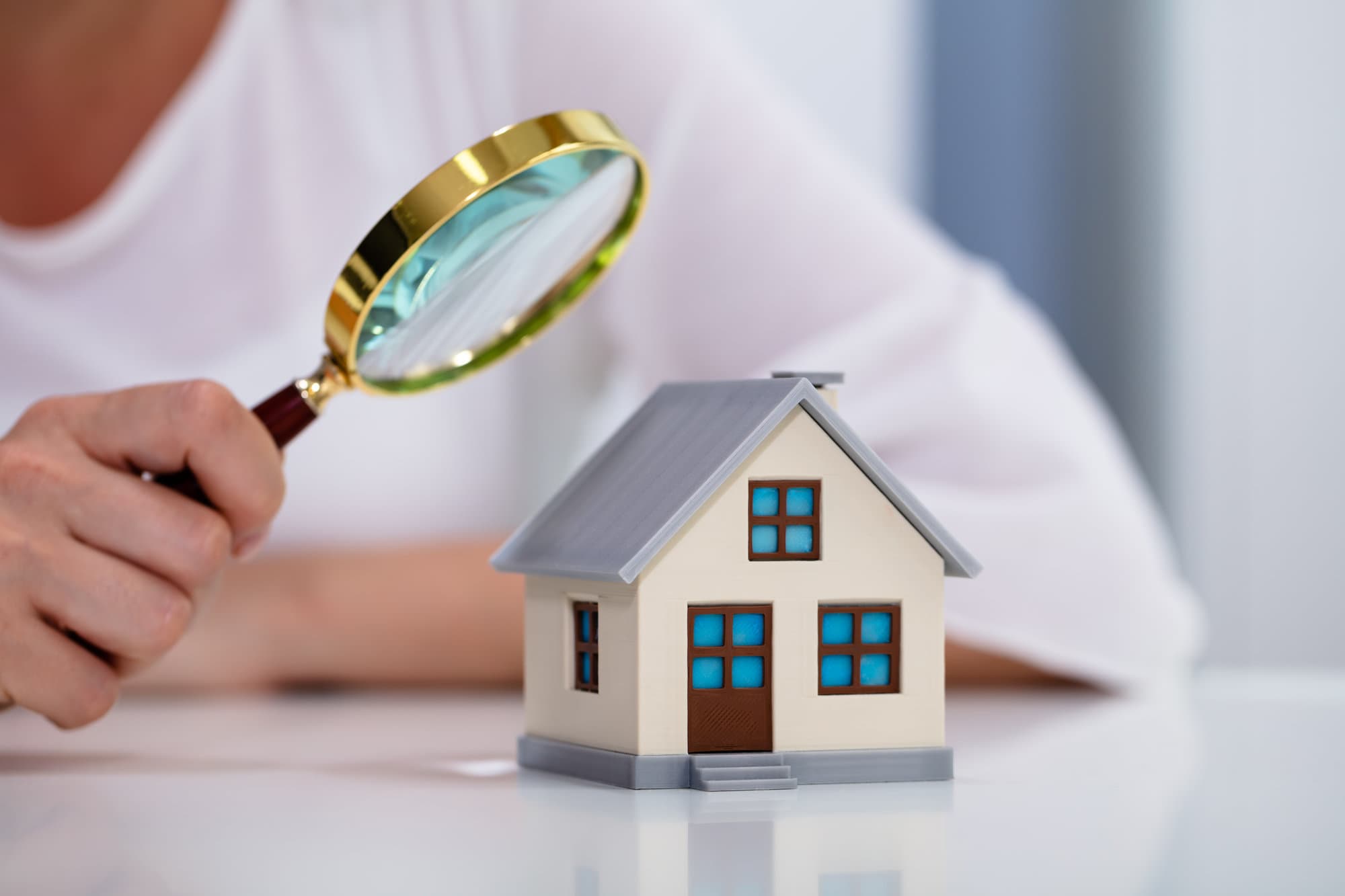

Home Maintenance
When Does A Home Inspection Happen
Modified: March 6, 2024
Learn about the importance of home maintenance and when to schedule a home inspection. Keep your property in top shape with regular check-ups.
(Many of the links in this article redirect to a specific reviewed product. Your purchase of these products through affiliate links helps to generate commission for Storables.com, at no extra cost. Learn more)
Introduction
Welcome to the world of home maintenance! Owning a house is a dream come true for many people, but with great homeownership comes great responsibility. One essential aspect of maintaining a home is conducting regular inspections. A home inspection is a thorough examination of a property to assess its condition and identify any potential issues.
In this article, we will explore the importance of home inspections, who conducts them, how to prepare for an inspection, what is typically inspected, common issues found during inspections, how long inspections take, and what happens after an inspection. So, let’s dive in and discover the ins and outs of home inspections!
Key Takeaways:
- Regular home inspections are crucial for identifying potential issues, ensuring safety, and maximizing the value of your investment in your home.
- Understanding the inspection report, consulting with professionals, and addressing necessary repairs or maintenance are key steps after a home inspection.
Read more: What Happens When A Dryer Vent Is Blocked
Importance of Home Inspections
Home inspections play a vital role in ensuring the safety, functionality, and longevity of a property. Whether you are buying or selling a house, or simply maintaining your current home, conducting regular inspections is crucial.
For homebuyers, a thorough inspection provides peace of mind and helps identify any potential issues with the property before making a purchase. It allows you to make an informed decision and negotiate repairs or adjustments with the seller. Identifying problems in advance can save you significant time, effort, and money down the line.
For homeowners, periodic inspections are essential to catch issues early on and prevent them from escalating into more significant problems. By identifying and addressing maintenance and repair issues promptly, you can maintain the value of your home and avoid expensive repairs in the future. Additionally, regular inspections can identify safety hazards and ensure a safe living environment for you and your family.
Home inspections are not just limited to real estate transactions or existing homeowners. If you are planning to renovate or make home improvements, conducting an inspection beforehand allows you to assess the condition of the property, identify any underlying issues, and plan your project accordingly. This can help you avoid unexpected surprises or costly changes during the renovation process.
Overall, home inspections are a proactive approach to property maintenance. They provide invaluable insights into the condition of a home and help homeowners and buyers make informed decisions. By investing in regular inspections, you can ensure that your home remains a safe, comfortable, and valuable asset.
Who Conducts Home Inspections?
Home inspections are typically conducted by licensed and certified home inspectors. These professionals have the expertise and knowledge to assess the various components and systems of a house.
Home inspectors are trained to examine the structural integrity of the property, as well as the condition of essential systems such as electrical, plumbing, heating, and cooling. They are also skilled at identifying potential issues with the roof, foundation, insulation, windows, and other key elements of a home.
When hiring a home inspector, it is essential to choose someone who is certified and belongs to a professional organization. Look for certifications such as the American Society of Home Inspectors (ASHI) or the International Association of Certified Home Inspectors (InterNACHI). These certifications ensure that the inspector has undergone extensive training and adheres to a strict code of ethics and professional standards.
It is also crucial to find a home inspector who has experience in the type of property you are inspecting. Different types of homes, such as single-family houses, condominiums, or multi-unit buildings, may have specific considerations or regulations that need to be taken into account.
Additionally, some home inspectors specialize in certain areas or aspects of a property. For example, there are inspectors who focus on energy efficiency and can provide insights on how to make your home more environmentally friendly and cost-effective. Others may have expertise in historic homes or specific architectural styles.
Remember that the role of a home inspector is to provide an unbiased assessment of the property’s condition. They are not there to perform repairs or offer estimates for the cost of repairs. Their job is to identify issues, explain them to you, and provide recommendations for further evaluation or repairs by qualified professionals.
Overall, hiring a reputable and experienced home inspector is crucial to ensure a thorough and accurate assessment of your property. It is an investment that can potentially save you from costly repairs or unexpected issues down the line.
Preparing for a Home Inspection
Preparing your home for a thorough inspection is essential to ensure a smooth and comprehensive assessment of the property. Here are some steps you can take to get your home ready:
Clean and declutter: Clear any clutter and ensure that the inspector has easy access to all areas of your home. This includes clearing out storage spaces, such as attics and basements, so that the inspector can inspect them properly.
Provide necessary documentation: Gather any documents related to the property, such as permits, warranties, or maintenance records. This information can be helpful during the inspection and provide valuable insights into the history of the property.
Ensure access to all areas: Make sure that the inspector can easily access all areas of your home, including crawl spaces, utility rooms, and electrical panels. Move any items blocking access and unlock any doors or gates as needed.
Check and replace light bulbs: Ensure that all light fixtures are in working condition by checking and replacing any burnt-out bulbs. Adequate lighting is necessary for a thorough inspection.
Trim vegetation: Trim back any trees, shrubs, or vegetation that may be obstructing the exterior of your home. This will allow the inspector to assess the condition of the roof, siding, and other exterior elements more effectively.
Address known issues: If you are aware of any issues or maintenance needs in your home, such as leaky faucets or loose handrails, address them before the inspection. This shows that you are proactive about maintaining your property.
Prepare a list of questions: Before the inspection, make a list of any specific concerns or questions you have about the property. This will allow you to address them directly with the inspector and gain a better understanding of any potential issues.
By taking these steps, you can help ensure a smooth and thorough home inspection. Remember that preparation is key to getting the most accurate assessment of your property and addressing any potential issues in a timely manner.
What is Inspected During a Home Inspection?
A comprehensive home inspection covers various aspects of a property to assess its overall condition. While the specific items and systems inspected may vary based on the inspector and the property, here are some common areas that are typically examined during a home inspection:
- Structural components: The inspector will assess the foundation, walls, roof, attic, and other structural elements of the property. They will look for signs of damage, such as cracks, settlement, or water intrusion.
- Exterior: The exterior of the home, including the siding, windows, doors, and any outdoor structures, will be examined. This includes checking for proper drainage, signs of moisture damage, and potential safety hazards.
- Roof: The condition of the roof, including its age, materials, and signs of damage or wear, will be evaluated. The inspector will also assess the gutters, downspouts, and any chimney or skylight present.
- Interior: The interior of the home is thoroughly inspected, including the walls, ceilings, floors, doors, and windows. The inspector will check for any visible signs of water damage, mold, or other issues.
- Plumbing: The plumbing system, including pipes, drains, faucets, toilets, and water heaters, will be examined for leaks, proper functionality, and potential code violations.
- Electrical: The electrical system, including the main electrical panel, wiring, outlets, and light fixtures, will be inspected for safety, proper grounding, and adherence to electrical codes.
- HVAC: The heating, ventilation, and air conditioning (HVAC) system will be examined for proper operation, maintenance, and safety. This includes checking the furnace, air conditioner, ductwork, and filters.
- Insulation and ventilation: The inspector will evaluate the insulation levels, ventilation systems, and moisture control measures in the home. This helps assess energy efficiency, indoor air quality, and potential moisture-related issues.
- Appliances: If included in the inspection, the inspector may assess the condition and functionality of appliances, such as the stove, dishwasher, refrigerator, and laundry machines.
- Safety features: The presence and functionality of safety features, such as smoke detectors, carbon monoxide detectors, and handrails, will be checked for compliance with local safety regulations.
It is important to note that while a home inspection is thorough, it may not uncover all potential issues. Some problems, such as hidden structural damage or concealed plumbing issues, may not be evident without further invasive inspections or specialized assessments.
Overall, a home inspection provides valuable insights into the condition of a property and helps buyers and homeowners make informed decisions. It is advisable to attend the inspection and ask questions to gain a comprehensive understanding of the property’s condition and any potential areas of concern.
A home inspection typically happens after a purchase offer is accepted but before the final sale. It’s important to schedule the inspection early in the buying process to identify any potential issues with the property.
Common Issues Found During Home Inspections
During a home inspection, licensed professionals often come across various issues that may affect the condition, safety, or functionality of a property. While each inspection is unique, here are some common issues that are frequently discovered:
- Roofing problems: Roof leaks, damaged or missing shingles, inadequate flashing, or signs of wear and tear are common issues that inspectors find. Roof repairs or replacement may be necessary to prevent water damage and structural issues.
- Plumbing issues: Leaking pipes, dripping faucets, low water pressure, faulty water heaters, and slow drains are plumbing problems routinely detected during inspections. Addressing these issues can prevent water damage, mold growth, and costly repairs.
- Electrical deficiencies: Outdated or incorrect wiring, overloaded circuits, inadequate grounding, and faulty electrical panels or switches are often found during inspections. These issues can pose safety hazards and may require the expertise of a licensed electrician to rectify.
- Foundation or structural concerns: Cracked or shifting foundations, sagging floors, or compromised structural integrity are significant issues that may be uncovered. These issues can affect the stability and safety of the entire home and may require professional repair or reinforcement.
- Mold and moisture damage: Excessive moisture, water intrusion, and inadequate ventilation can lead to mold growth and damage to walls, ceilings, and other areas. Inspectors may detect signs of mold or moisture issues that require remediation to ensure a healthy living environment.
- Heating and cooling system problems: Inefficient or malfunctioning HVAC systems, inadequate insulation, and poor ventilation can result in discomfort, high utility bills, and reduced energy efficiency. Repairs or upgrades to heating and cooling systems may be necessary to ensure optimal performance.
- Insufficient insulation: Inadequate insulation in walls, floors, and attics can lead to energy loss, temperature inconsistencies, and higher energy costs. Upgrading insulation levels can improve energy efficiency and overall comfort.
- Safety hazards: Home inspections often uncover safety issues such as missing or malfunctioning smoke detectors, improper electrical wiring, loose handrails, or hazardous conditions in the home. Addressing these hazards is crucial for the well-being of occupants.
- Improper drainage: Poor grading, inadequate gutters and downspouts, or improper drainage systems can result in water pooling near the foundation and potential water damage. Correcting drainage issues helps protect the home from water intrusion and subsequent damage.
- General maintenance needs: Inspectors may also highlight general maintenance needs, such as peeling paint, damaged caulking, worn-out carpeting, or aging appliances. Addressing these maintenance tasks can help keep the home in optimal condition.
It’s important to note that not all issues discovered during an inspection are deal-breakers. Many issues can be resolved with proper repairs or maintenance. The key is to have a clear understanding of the scope and severity of the problems detected and to consult with professionals for further evaluation and guidance on necessary actions.
Remember, a comprehensive home inspection report provides valuable information that can help you make informed decisions about your property and prioritize repairs or improvements to ensure the long-term safety and efficiency of your home.
How Long Does a Home Inspection Take?
The duration of a home inspection can vary depending on several factors, including the size and complexity of the property, the condition of the home, and the thoroughness of the inspector. On average, a typical home inspection can take anywhere from two to four hours to complete.
During this time, the home inspector will carefully examine various components and systems of the property, as outlined in the inspection checklist. They will assess the condition of the roof, foundation, electrical system, plumbing system, HVAC system, and more. The inspector will also document any issues discovered and may take photographs for reference.
It is important to note that while the duration of the inspection itself may be relatively short, the overall process may take longer. This is because additional time is often needed for pre-inspection preparations, such as scheduling the appointment, reviewing the inspector’s credentials, and arranging access to the property.
Additionally, if the property is particularly large, has multiple units, or has unique features that require more attention, the inspection may take longer than average. On the other hand, smaller properties or those in excellent condition may require less time for inspection.
It is generally a good idea for potential buyers or homeowners to be present during the inspection. This allows them to ask questions, gain a better understanding of the property’s condition, and receive firsthand recommendations from the inspector. However, it is crucial to respect the inspector’s concentration and avoid impeding or distracting them during the process.
After the inspection, the inspector will typically provide a detailed inspection report that outlines their findings, including any issues discovered. This report is valuable for buyers and homeowners to understand the state of the property and determine what repairs or maintenance may be necessary.
In summary, the duration of a home inspection can vary based on factors such as property size, complexity, and condition. While the actual inspection may last a few hours, additional time is needed for preparations and post-inspection activities. It is advisable to be present during the inspection, if possible, to gather insights directly from the inspector and address any questions or concerns you may have.
What Happens After a Home Inspection?
Once a home inspection is complete, there are several steps that typically follow. Understanding what happens after an inspection can help buyers and homeowners navigate the post-inspection phase effectively:
- Reviewing the inspection report: The inspector will provide a detailed inspection report that outlines their findings, including any issues or concerns discovered during the inspection. Buyers and homeowners should carefully review the report to gain an understanding of the property’s condition and any necessary repairs or maintenance.
- Consulting with professionals: If the inspection report identifies significant issues or structural concerns, it may be prudent to seek additional expertise from relevant professionals. This can include contractors, plumbers, electricians, or structural engineers who can provide more in-depth assessments and estimates for repairs or remedies.
- Negotiating repairs or adjustments: For buyers, the inspection report serves as a valuable bargaining tool during negotiations with the seller. Buyers can discuss the identified issues with their real estate agent and determine which repairs or adjustments they would like the seller to address before finalizing the purchase agreement.
- Considering the cost versus benefit: Both buyers and homeowners need to weigh the cost of repairs or necessary improvements against the overall value and condition of the property. Some issues may be relatively minor and easily addressed, while others may require significant investment. It is important to prioritize repairs based on safety concerns, potential future damage, and personal preferences.
- Selecting qualified professionals: If repairs or maintenance tasks are required, homeowners or buyers should choose qualified professionals to address the identified issues. It’s important to select licensed and reputable contractors, plumbers, electricians, or other specialists who have experience in the specific areas of concern.
- Re-evaluating the purchase agreement (if applicable): In some cases, the inspection findings may prompt buyers to reconsider their purchase or renegotiate certain terms in the purchase agreement. This could include requesting a price reduction, credits for repairs, or other adjustments based on the inspection report.
- Addressing maintenance issues: Even if no major problems are detected during the inspection, the report may highlight general maintenance needs. It is essential for homeowners to address these tasks to maintain the overall condition and value of the property.
- Seeking guidance from professionals: Both buyers and homeowners should consult with their real estate agent or legal counsel to navigate the post-inspection phase successfully. These professionals can provide guidance, answer questions, and ensure that the necessary steps are taken to protect your interests.
Remember, the goal of a home inspection is to provide valuable information and insights into the condition of the property. By carefully reviewing the inspection report, consulting with professionals, and addressing necessary repairs or maintenance, buyers and homeowners can make informed decisions and ensure the safety, functionality, and long-term value of the property.
Conclusion
Home inspections are a vital part of homeownership and property maintenance. Whether you are buying a new home or maintaining your current one, conducting regular inspections is crucial for identifying potential issues, ensuring safety, and maximizing the value of your investment.
During a home inspection, licensed professionals thoroughly assess various components and systems of a property, including the structure, exterior, interior, plumbing, electrical, HVAC, and more. They identify common issues such as roofing problems, plumbing deficiencies, electrical concerns, foundation or structural issues, mold and moisture damage, and safety hazards.
Understanding the importance of home inspections and the process that follows is key. By carefully reviewing the inspection report, consulting with professionals, and addressing necessary repairs or maintenance, buyers and homeowners can make informed decisions about the property’s condition and take appropriate action.
Remember, home inspections provide valuable insights into the property’s condition and can potentially save you from costly repairs or unexpected issues. They allow you to address maintenance needs, negotiate repairs during purchase agreements, and plan for necessary improvements.
By investing in regular home inspections and staying proactive about property maintenance, you can ensure a safe, comfortable, and valuable home for you and your family.
Frequently Asked Questions about When Does A Home Inspection Happen
Was this page helpful?
At Storables.com, we guarantee accurate and reliable information. Our content, validated by Expert Board Contributors, is crafted following stringent Editorial Policies. We're committed to providing you with well-researched, expert-backed insights for all your informational needs.
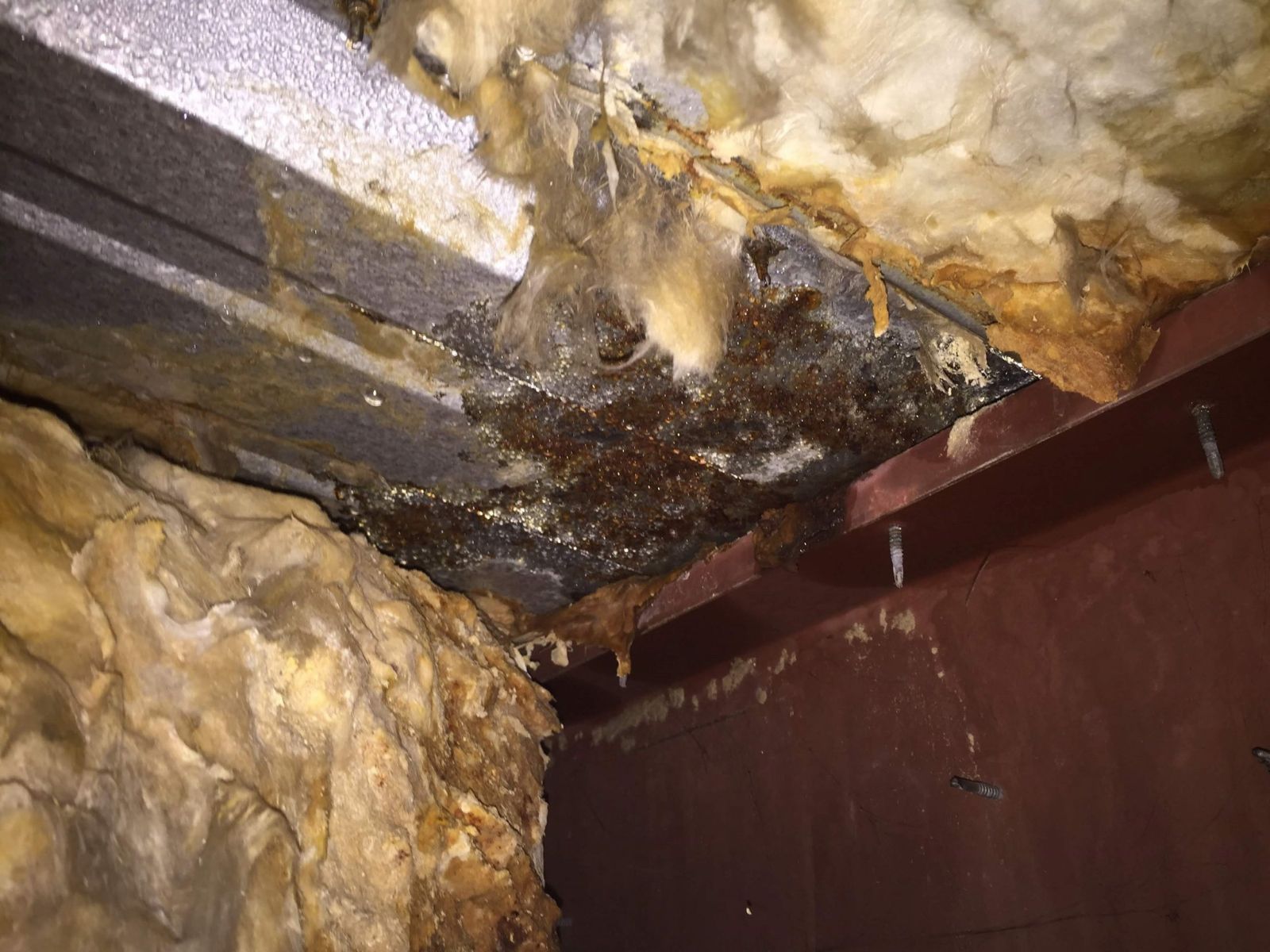
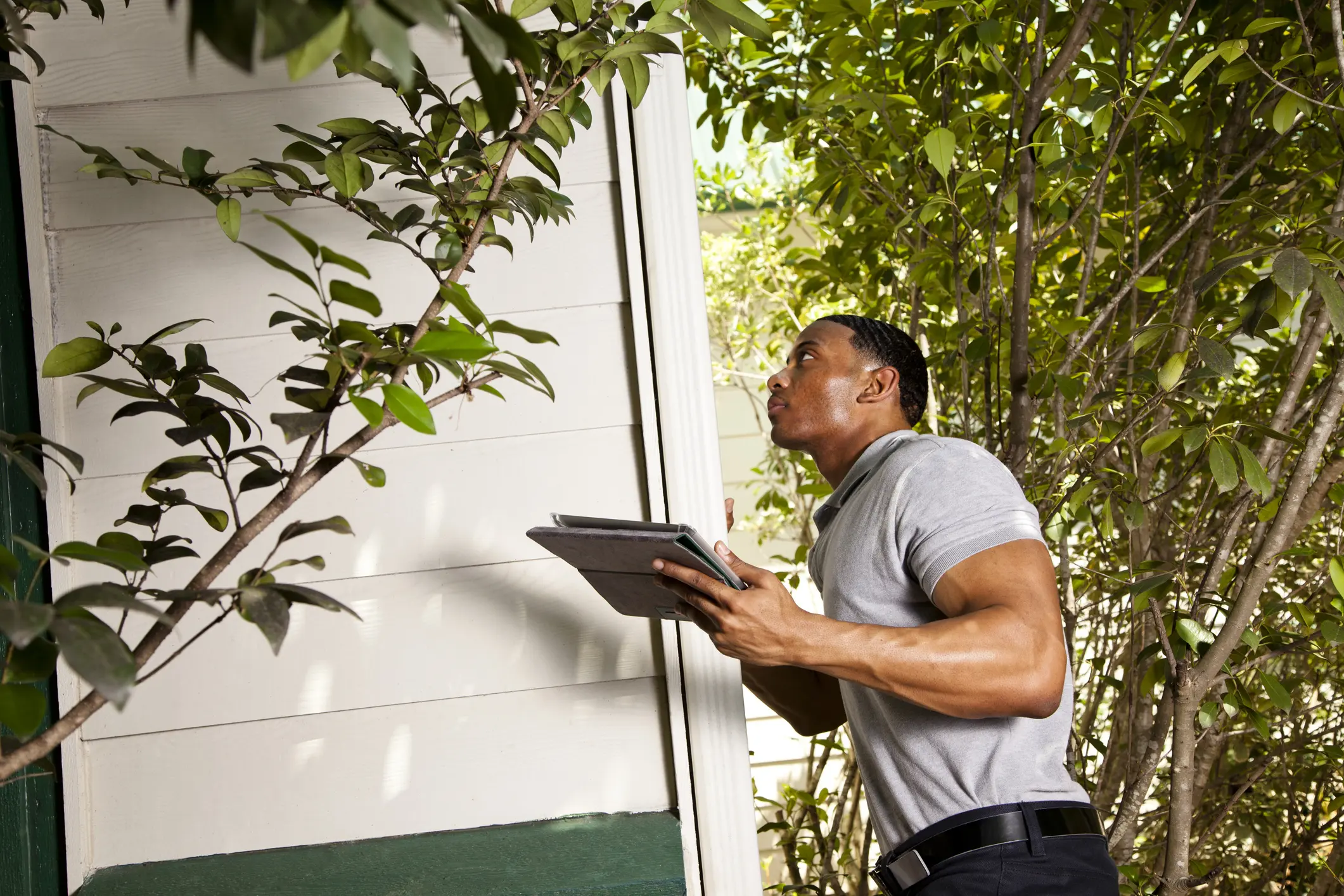

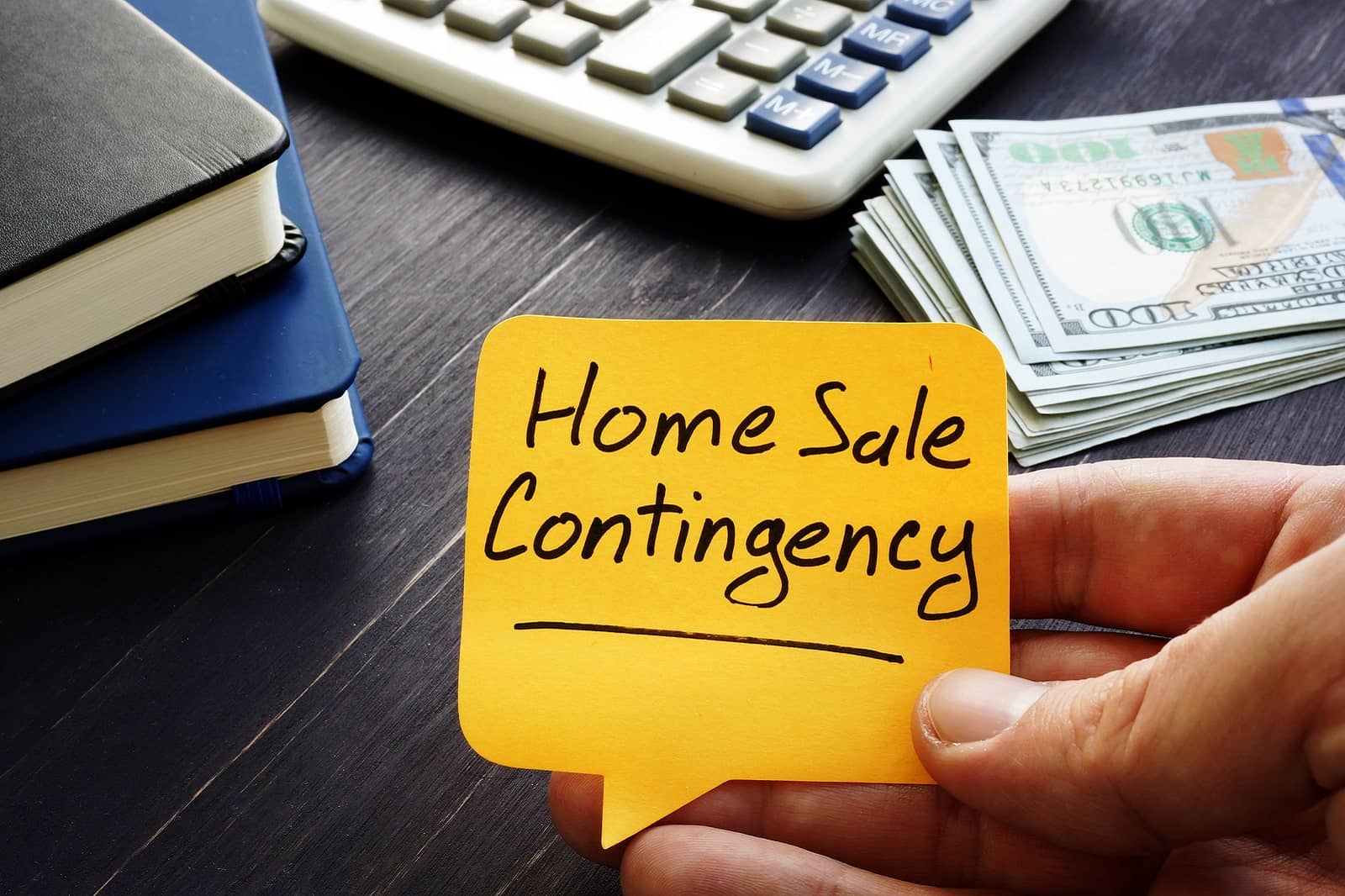
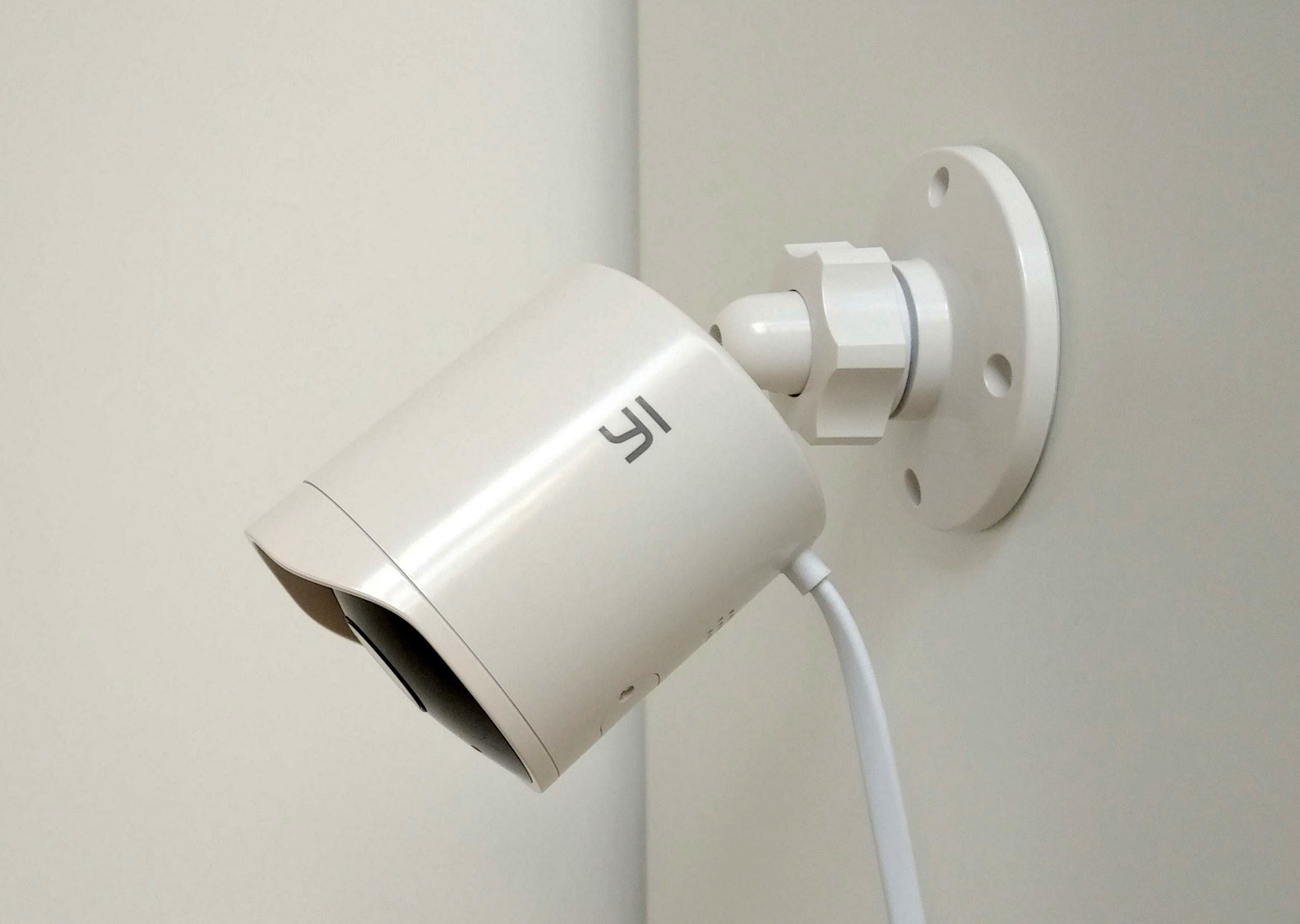
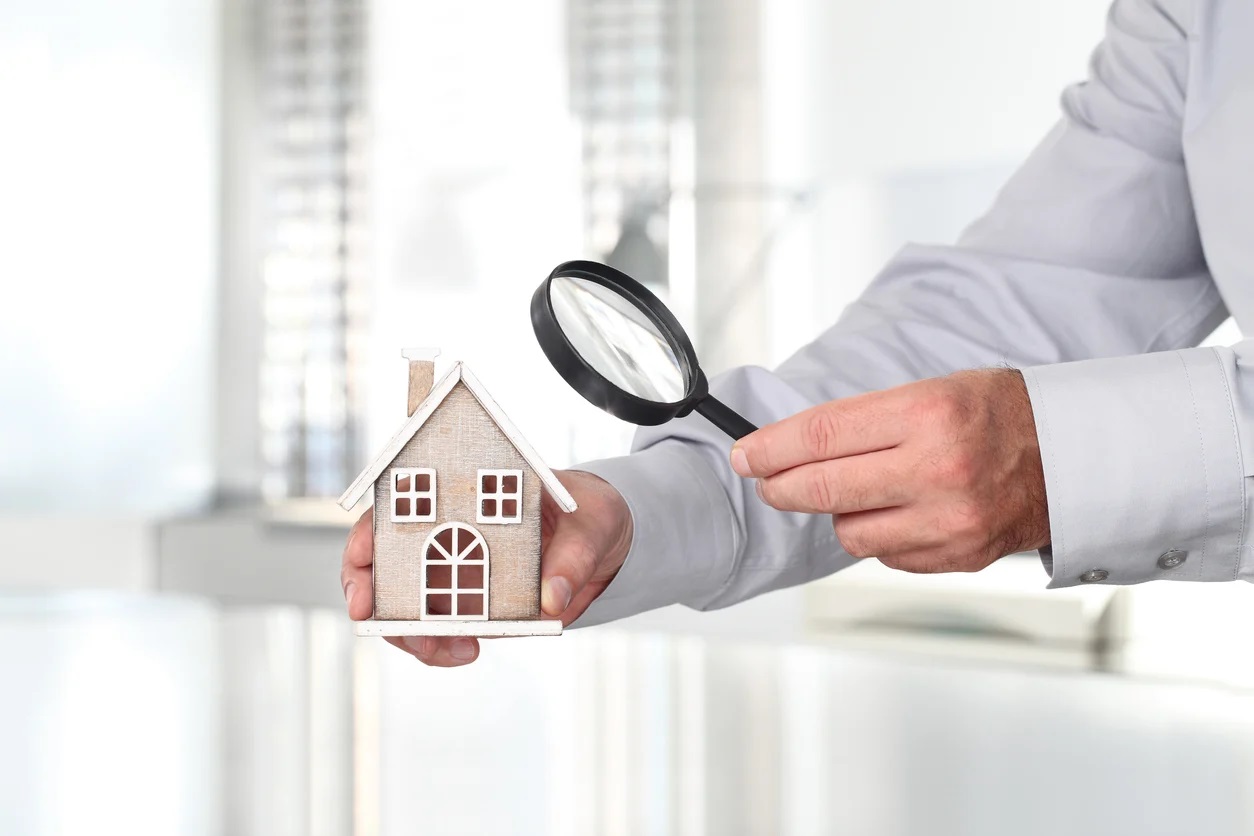
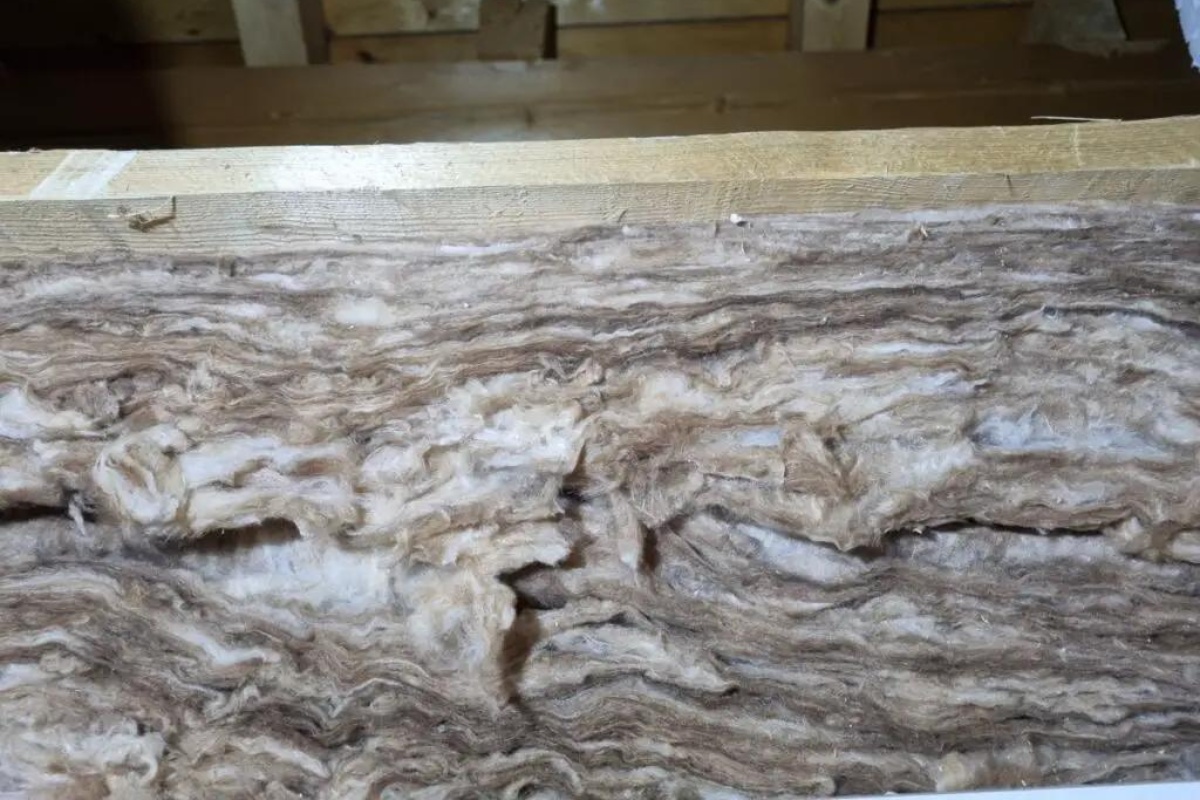
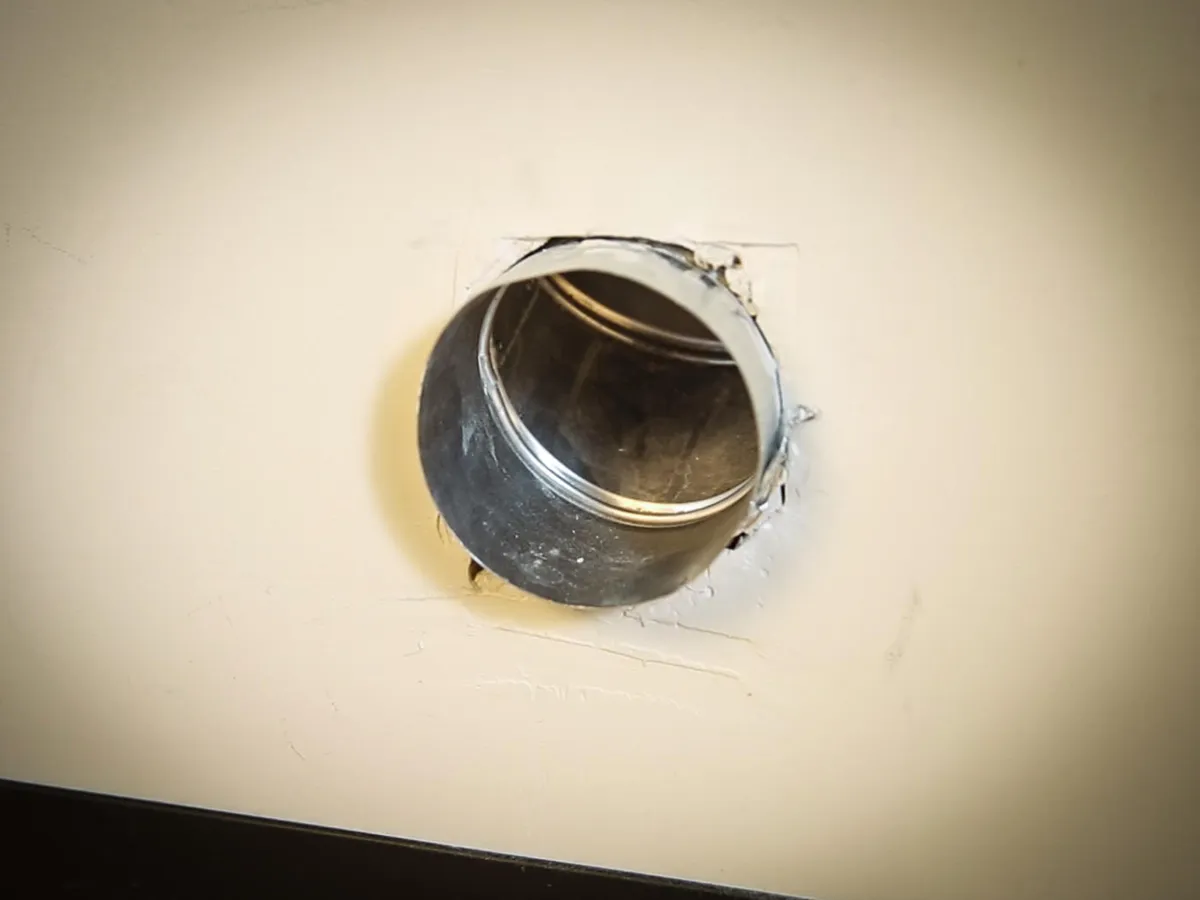
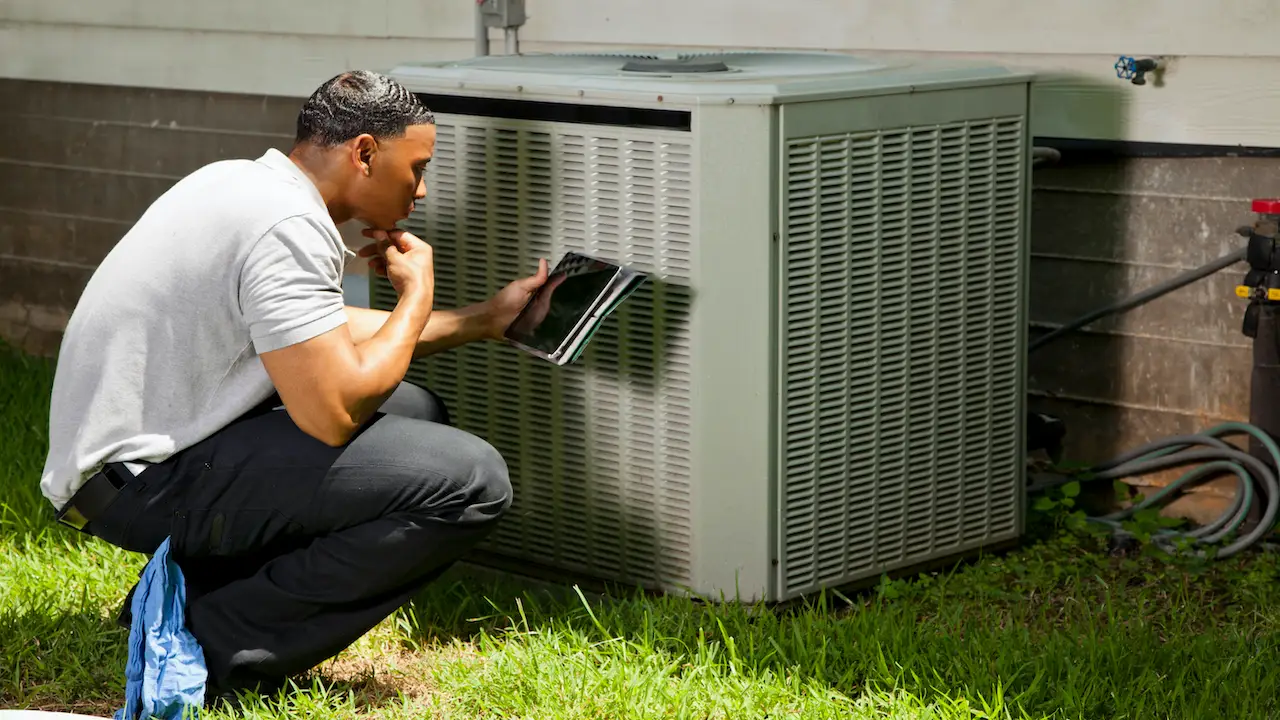

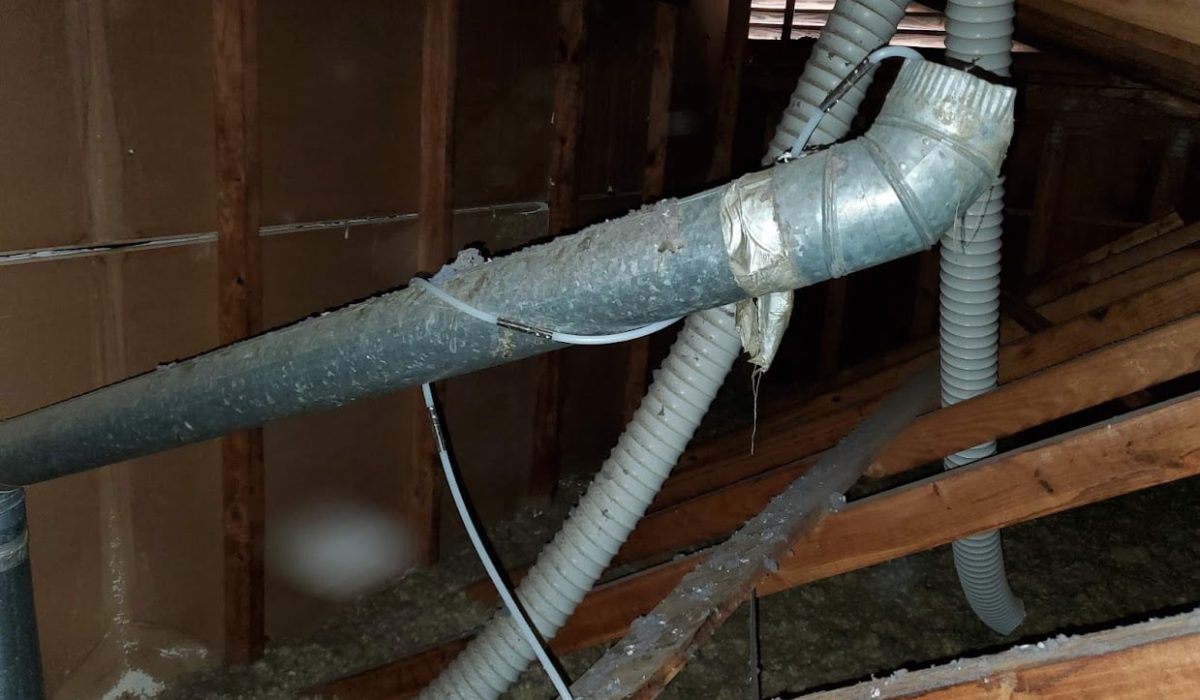
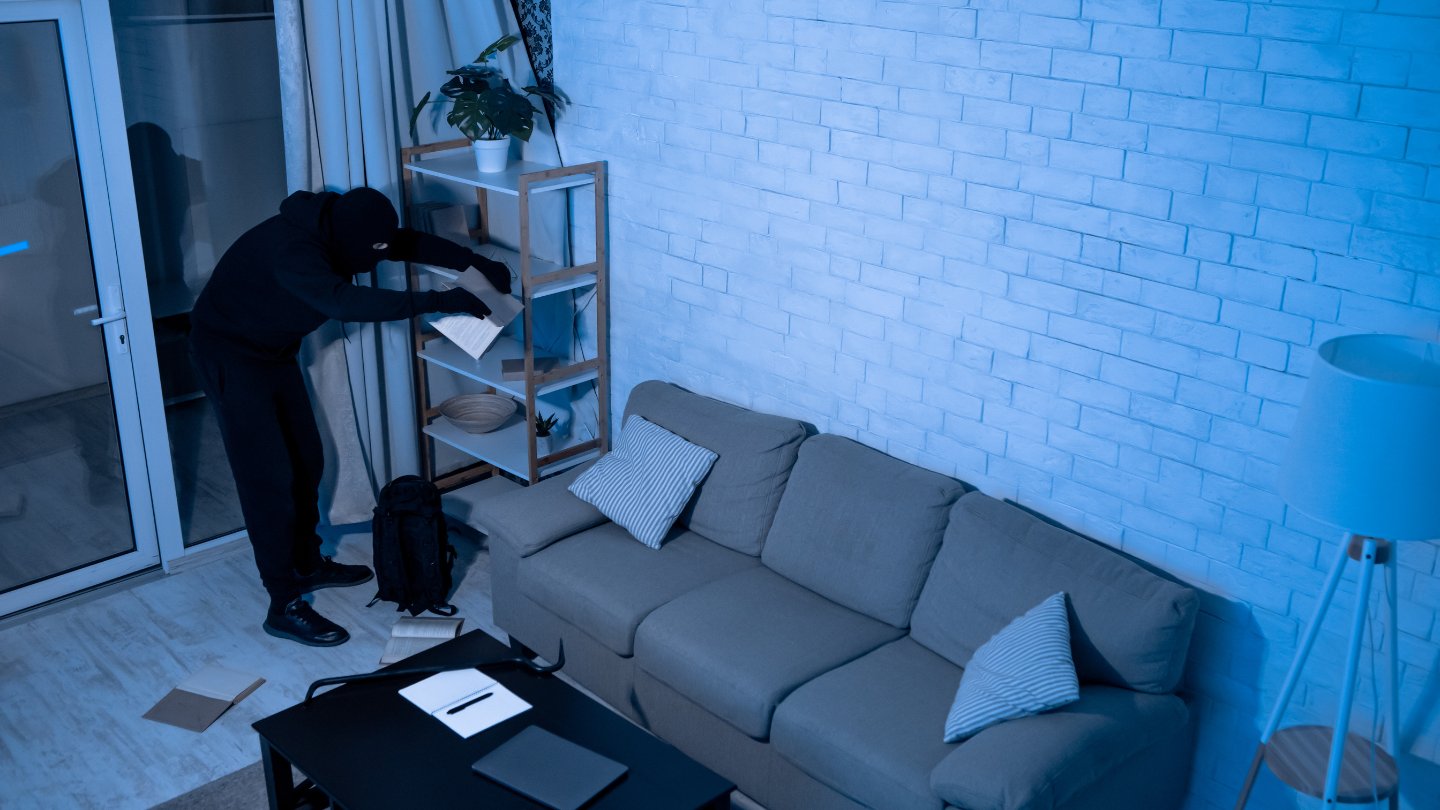

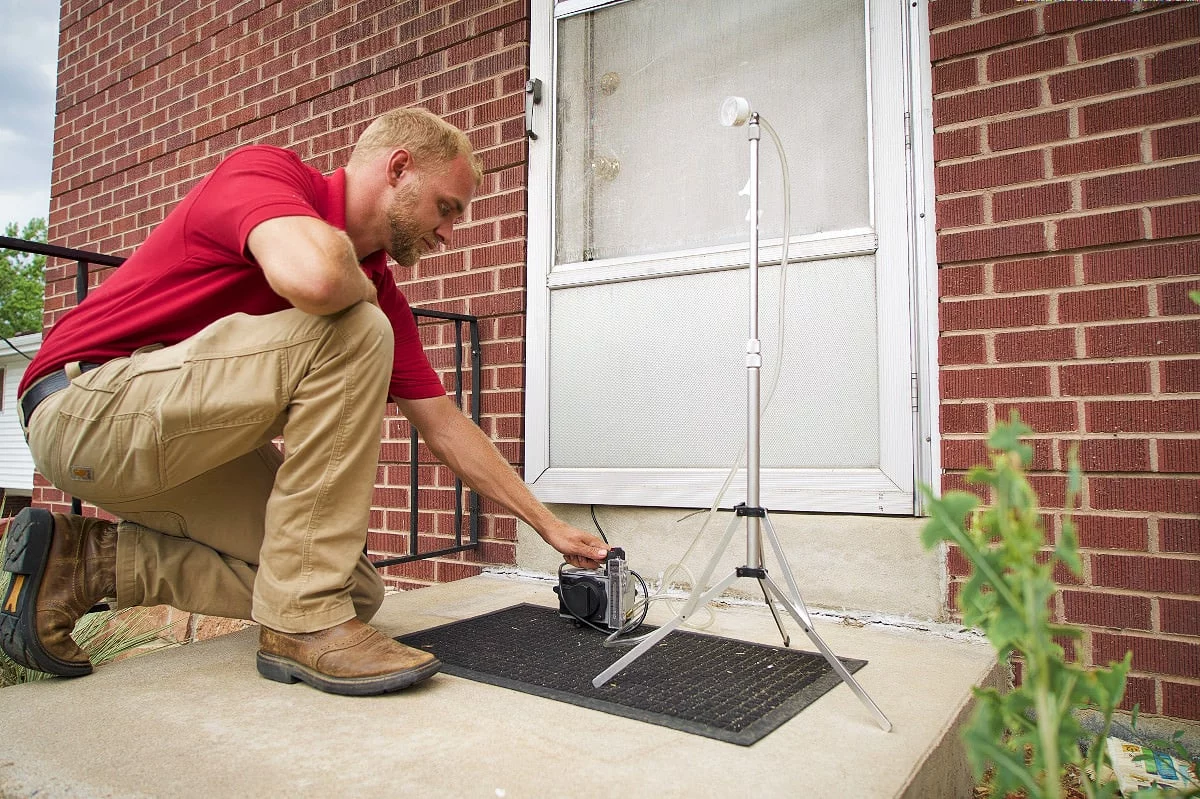

0 thoughts on “When Does A Home Inspection Happen”